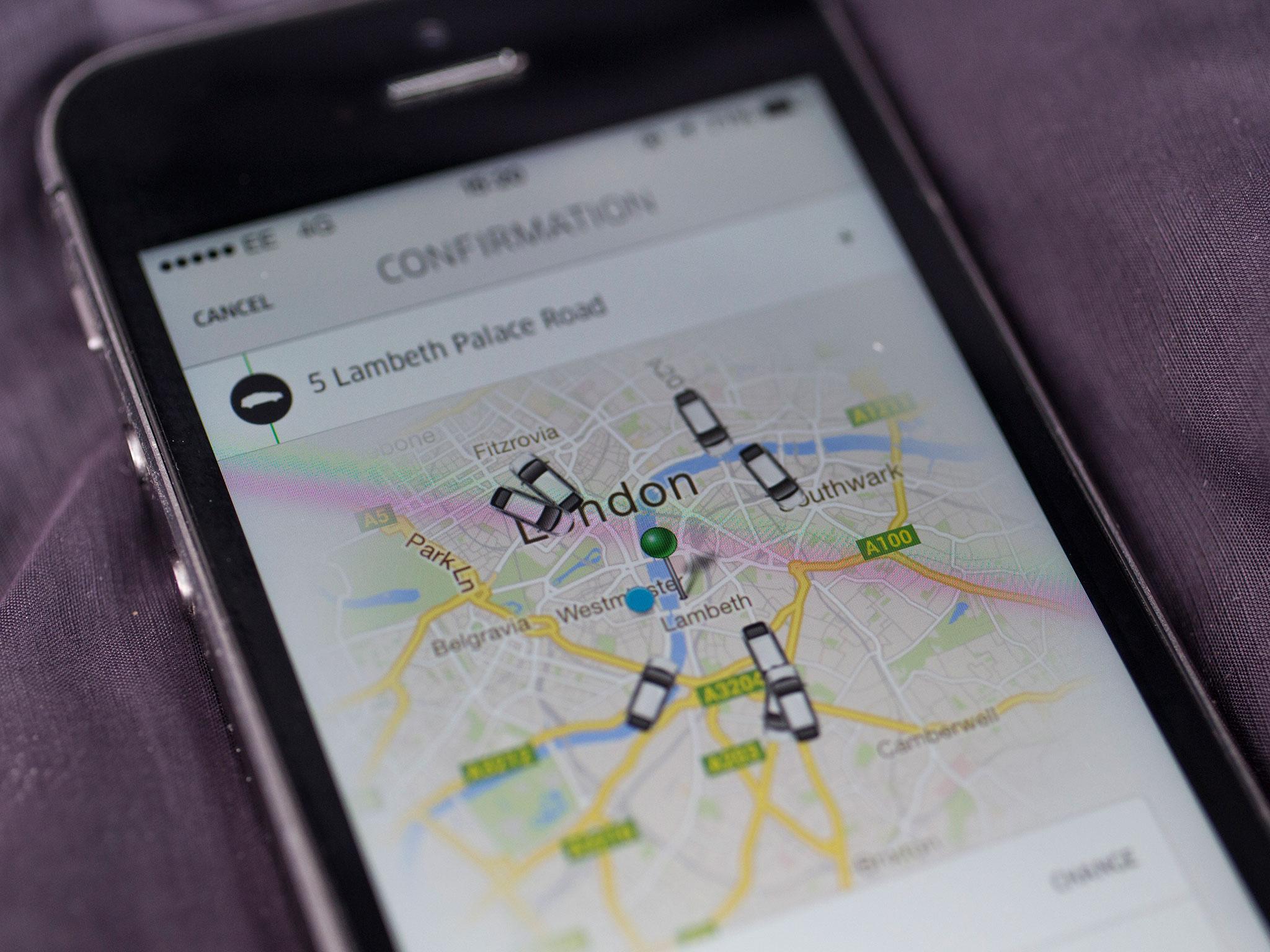Does the pandemic mean low-paid workers can demand higher wages?
Uber is giving drivers bonuses, restaurants are hiking salaries for skilled staff and John Lewis has raised salaries for lorry drivers by £5,000. Ben Chapman considers whether this a temporary blip, or a shift in power from employer to employee


Will Uber ever turn a profit? It is a question the perennially loss-making app has itself admitted it doesn’t know the answer to.
After posting another half a billion dollars in losses this week, it seems the long taxi journey to actually making money might still have a way to run.
What’s most interesting about Uber’s latest losses is not their scale, but what’s caused them.
In the heat of the pandemic last year, ride-hailing firms were understandably struggling due to a lack of business. Now, they face a different problem – they can’t find enough drivers to keep up with rising demand, particularly in the US.
With the US economy beginning to thrive again, Uber is finding that many drivers who were stung by the experience of having no work during the pandemic have left for other pastures, perhaps better-paid and more secure ones.
Uber, Lyft and others have been scrambling to attract drivers by handing out bonuses. That, in turn, means the companies can stop customers being faced with eye-watering “surge” fares that their algorithms calculate when there are too few willing drivers.
Elsewhere, employers in hospitality have hiked salaries as they bid for staff and in the UK companies including John Lewis and Tesco have given big pay rises to HGV drivers who are in short supply.
So, has the pandemic (and in the UK context Brexit) given workers additional clout to fight for a better deal? And, if so, is this a transitory phenomenon or a more permanent shift in the balance of power from employer to employee?
Well, it’s complicated.
Looking at the broader picture, average wages in the UK are still only just above the peak reached before the 2008 financial crisis, so it would be premature to start calling a victory for labour over capital just yet.
Official figures show average weekly earnings have begun to pick up this year but the Office for National Statistics has said that some of this is due to the fact that low-paid workers are more likely to have lost their jobs during the pandemic.
“The lowest-paid workers have fallen out of the labour market, artificially pushing up average wages,” explains George Dibb, head of the Centre for Economic Justice at the IPPR think tank.
Averages, of course, hide a broad range of different experiences in specific locations and industries.
A key driver of wage rises in particular areas is a mismatch in skills and vacancies driven by the pandemic. This is likely to be temporary.
For example, hospitality bosses report that while it has been easy to find school leavers and students for entry-level or temporary jobs, many of the higher-paid positions remain unfilled as skilled workers have left the industry for good after a torrid 18 months. Eventually however, new staff will be trained up.
Meanwhile, the pandemic has caused a rapid shift in how people live their lives which is reflected in a change in the jobs needed. More delivery drivers and IT technicians, but less shop-floor assistants.
Wage rises appear to have been most dramatic where several factors have been at play, notably lorry drivers. A long-term recruitment problem partly driven by difficult conditions and low pay has been exacerbated by an exodus of European drivers spurred by the pandemic and Brexit resulting in big wage hikes by some employers.
More broadly, the furlough scheme has slowed down the process by which old jobs are destroyed, pushing workers to find new ones in growing industries.
Almost 2 million people were on furlough at the end of June. As that safety net is withdrawn over the next two months, experts predict a jolt to the labour market as people who have been kept in jobs that have no future start looking again. This may take further pressure of employers who are currently struggling to fill vacancies.
The safety net of furlough was never available in the US where both the Trump and Biden administrations favoured direct transfers of money to citizens.
Taken together the evidence suggests that wage rises in the US, such as the ones that are causing Uber to lose more money, have resulted mostly from a surge in demand as the economy grows thanks to a bold stimulus plan.
In the UK, wage rises appear to have resulted less from a booming economy and more from a temporary shortage of some types of labour. Arguably, the US position is preferable and likely to lead to more sustained rises in wages and living standards.
George Dibb of the IPPR argues that the UK should follow Joe Biden’s example and press ahead with more government spending to stimulate the economy, which would put more power in the hands of workers.
“Joe Biden has explicitly said he wants employers to be pitching for workers, not workers pitching for jobs. That is where we could be in the UK if we got our levels of stimulus right.”
Join our commenting forum
Join thought-provoking conversations, follow other Independent readers and see their replies
Comments
Bookmark popover
Removed from bookmarks